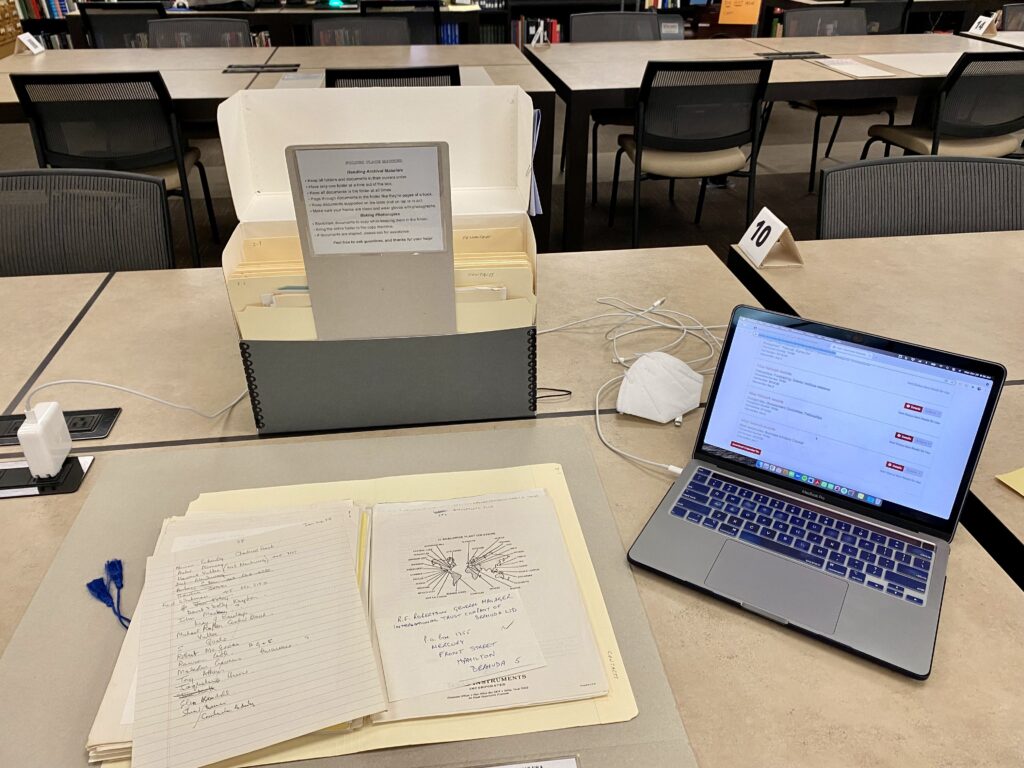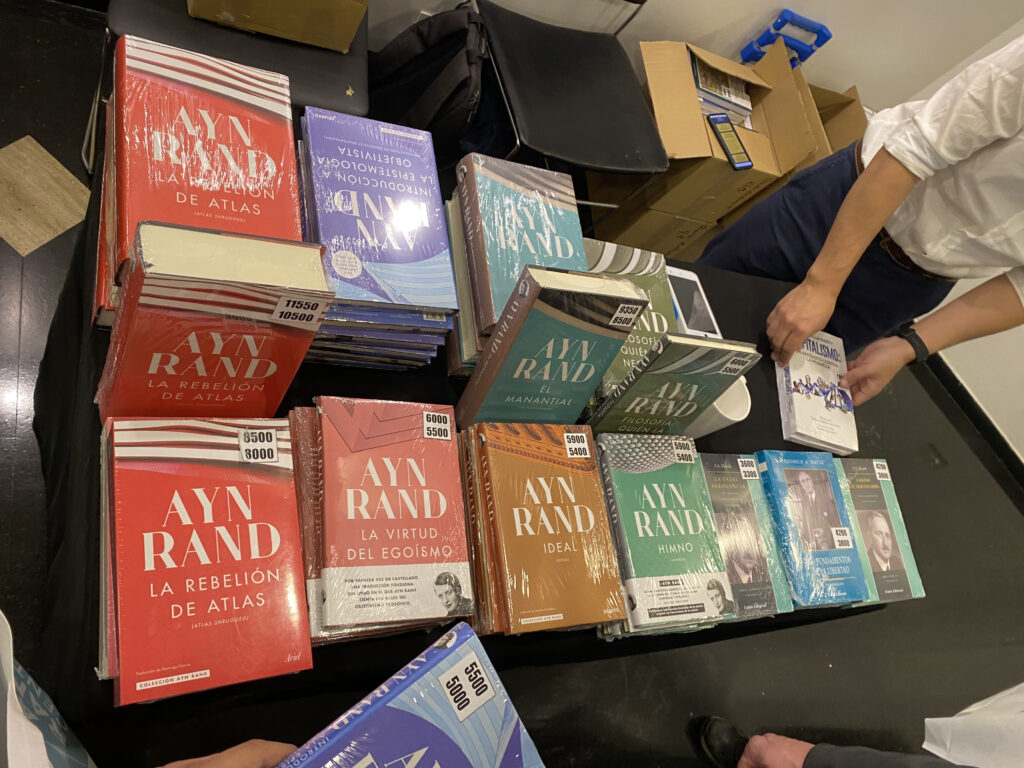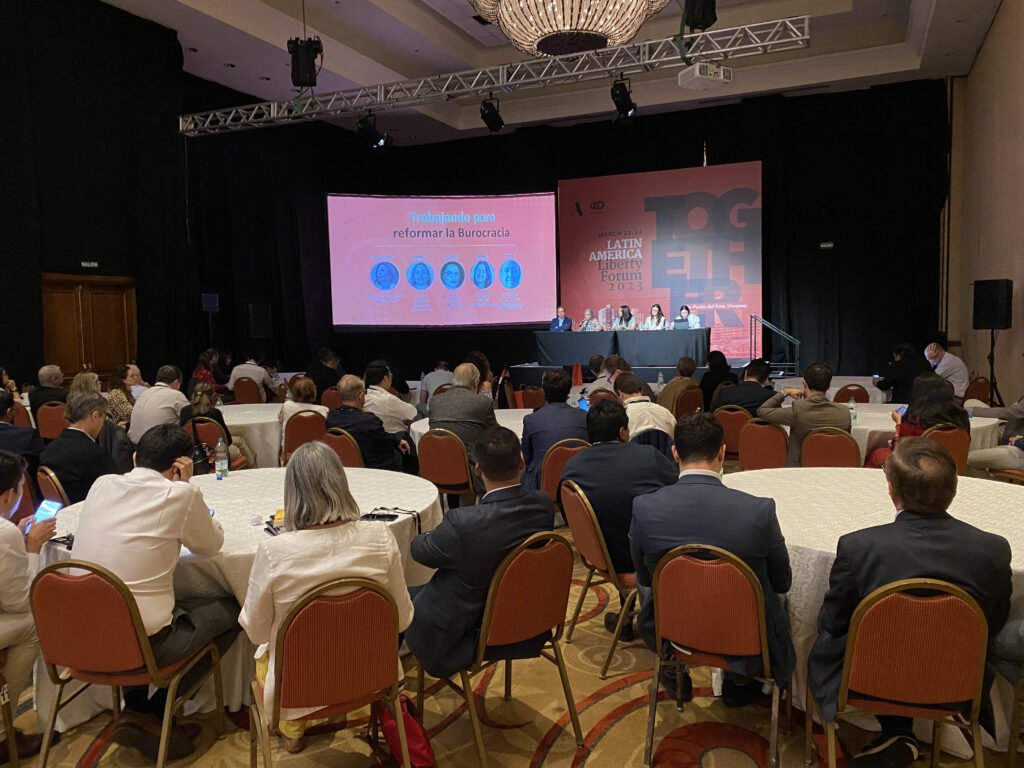In recent decades, free-market think tanks have expanded into the Global South, with hundreds of right-wing organizations spanning from Latin America to Southeast Asia. These ostensibly neutral groups operate under the radar, shaping policy discussions and promoting compelling narratives about the benefits of market-based competition over democratic governance. How do these think tanks form stable transnational partnerships to advance their political agenda? And why do they manage to achieve long-term influence in some countries but not others?
My book project, provisionally titled Architects of Hegemony: The Advocacy Strategies of Free-Market Think Tanks in Latin America, addresses these questions by drawing upon data collected in twelve countries over fifteen months of fieldwork. Using a mixed-methods approach that includes archival research, interviews, ethnography, and network analysis, I show that while free-market think tanks forge various international connections with philanthropic foundations in the Global North to fund and legitimize their advocacy efforts, their success depends on their ability to foster cohesion among local neoliberal entrepreneurs. After mapping and assessing the role of think tanks’ transnational partnerships, I explain the key role of social cohesion in fostering neoliberal resilience through a paired comparison of Chile and Argentina (1955-2020), two nations where neoliberal think tank elites implemented broad policy reforms but which had opposite policy trajectories in the long-term.



